Wege Prize 2022 selects five sustainability student designs as finalists
By Josh Niland|
Thursday, Apr 21, 2022
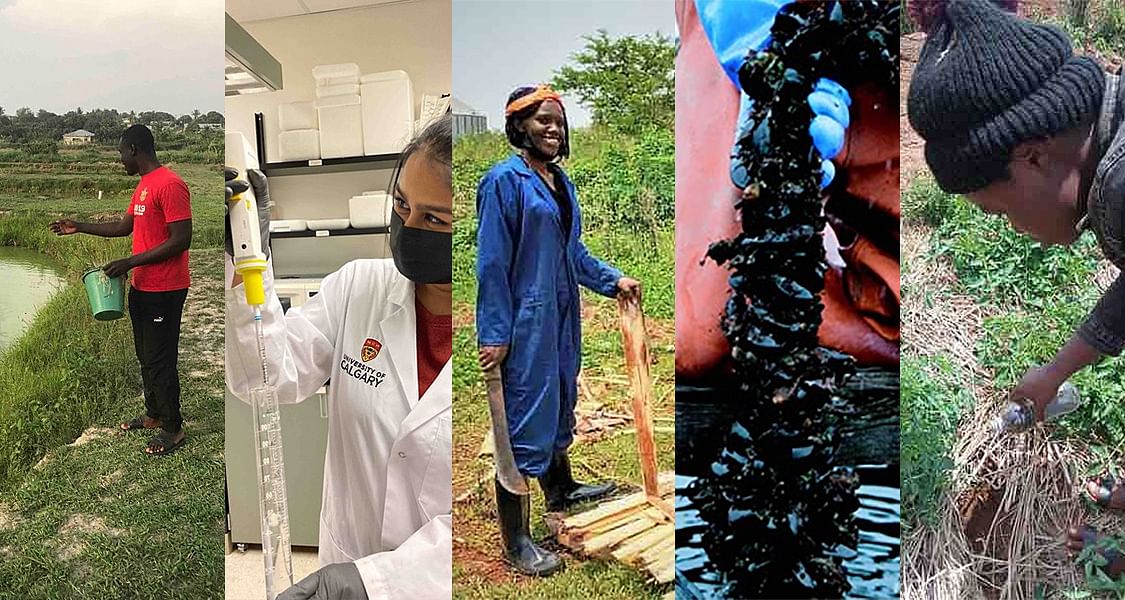
Related
The Kendall College of Art and Design (KCAD) at Ferris State University has announced its five finalists for the 2022 edition of the Wege Prize, a nine-year-old global student design competition to provide circular economic solutions to a slate of pressing contemporary issues.
The finalists were taken from a list of semifinalists that included entries from 70 academic institutions and 29 different countries and will now vie for the prize’s $65,000 cash reward.
“These inspired, dedicated students are innovators and disruptors in key areas that will help us address the multitude of issues facing the world today,” said KCAD professor Gayle DeBruyne. “With climate change and so many other pressing global issues coming to a head, the world needs people who can work across boundaries to solve problems now more than ever before. Every Wege Prize team is advancing a thoughtful and creative approach for helping transition our linear economy of taking, making and disposing, into a circular one that’s restorative by design.”
The winner will be announced in a streaming ceremony on May 20th at 10:00 AM EDT. Scroll down to see more information about each finalist.
AquaPro
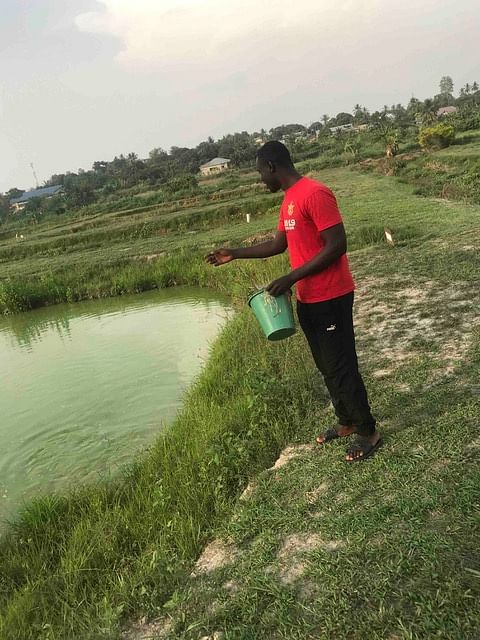
Project description: "Addressing the wicked problem of water pollution with an innovative aquaponics system to cultivate Tilapia fish, vegetables, and duckweed, AquaPro has shown how to reduce fertilizer application in growing organic crops, reduce water usage by 90%, maximize crop yield, and contribute to the circular economy. Most importantly, their concept reduces the contribution of agriculture in polluting water bodies as the sources of pollutants are either eliminated, such as chemicals used in farming, or kept in the loop through the reuse of uneaten fish feed and their excreta, making this an unusually sustainable approach to aquaponics farming."
Neocycle
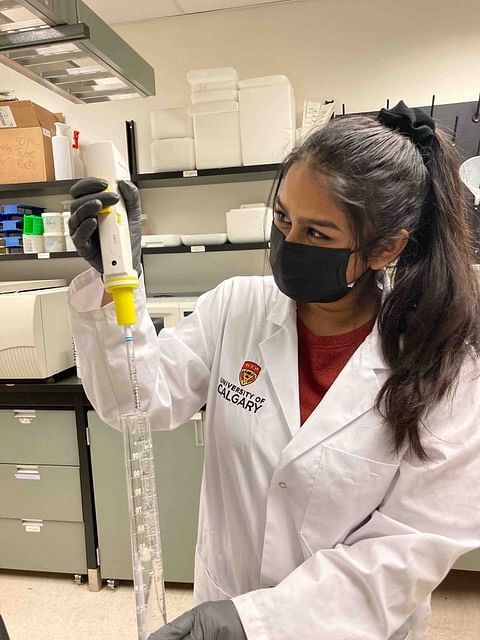
Project description: "Rare earth elements (REEs) are ubiquitous in our day-to-day lives and essential in many modern technologies from personal laptops to catalytic converters in vehicles. As the demand for REEs increases exponentially, it has become apparent that the current supply chain is unable to meet global demands. Neocycle aims to utilize electronic waste, a massively untapped source of REEs, to develop a novel and sustainable synthetic biology approach for circular REE extraction, recovery, and usage."
ROBUST
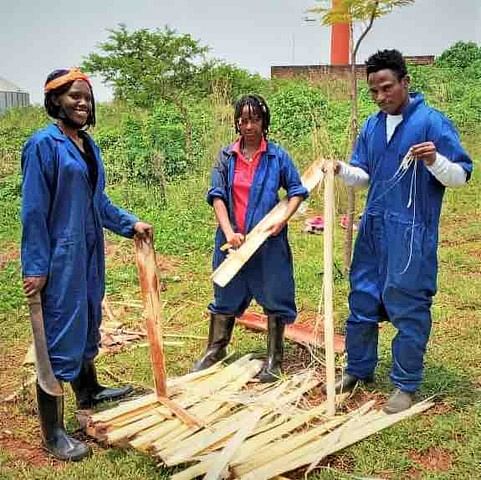
Project description: "Team Robust is creating an approach to process banana fiber wastes into affordable and environmentally friendly textiles to make banana fiber bags, with the remaining residues used to produce banana fiber paper bags. The team’s proposed solution consists of fiber bags and papers that stand to replace plastic bags as well as provide proper management of banana waste, a challenge in many countries. The Robust approach also delivers eco-friendly, recyclable, and biodegradable products useful for a large market and preferable to the many synthetic and chemical textiles used today. Their concept also helps reduce dependence on the importing of textiles, while also ensuring proper banana waste management to assist in preventing banana bacterial wilt."
SCUP Aquaculture

Project description: "This team’s solution is a technological innovation that captures untapped, zero-input resources to build a more circular economy in the blue sector of the economy, which includes marine, maritime and oceanic enterprises. The concept takes advantage of multiple-use platforms based on offshore wind development to expand aquaculture possibilities and thereby serve as a tool for bettering ecological health, expanding upon fish biodiversity, and creating a social currency between multiple sectors that are competing for ocean space. In the process, the team is creating a system that improves aquatic health for all users."
Green Promoters
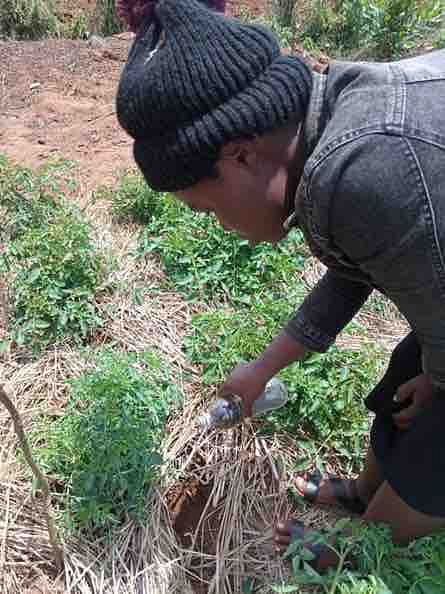
Project description: "The team Green Promoters group aims to reduce the effects of the chemical pesticides and fertilizers by developing and marketing an organic pesticide fertilizer called EZA Two-in-One. The product can be used as a pesticide and fertilizer at the same time, and it is shown to be environmentally friendly, safe, and affordable. The new product and processes benefit the challenges of waste and idle resources in various communities, while creating new opportunities. The introduction of EZA Two-in-One promises to reduce the costs of imported inputs, while also promoting safety in agricultural production."
RELATED COMPETITION Wege Prize 2022

RELATED NEWS Wege Prize 2022 semifinalists propose sustainable, circular inventions

RELATED NEWS Meet the 2021 Wege Prize Winners


Share
0 Comments
Comment as :